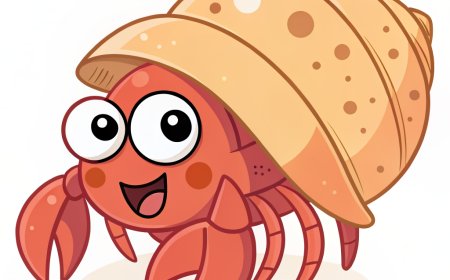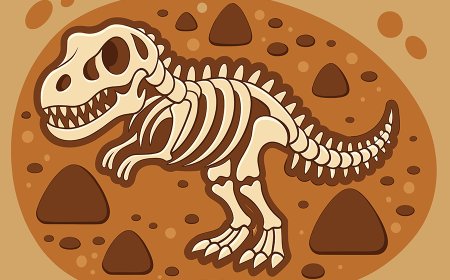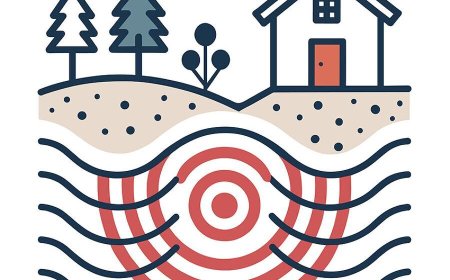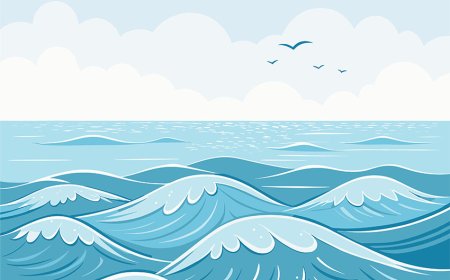Lakes Facts for Students | Water and Ocean Guide
Learn what lakes are how they form why they are important for people wildlife and the water cycle in this clear and student friendly guide
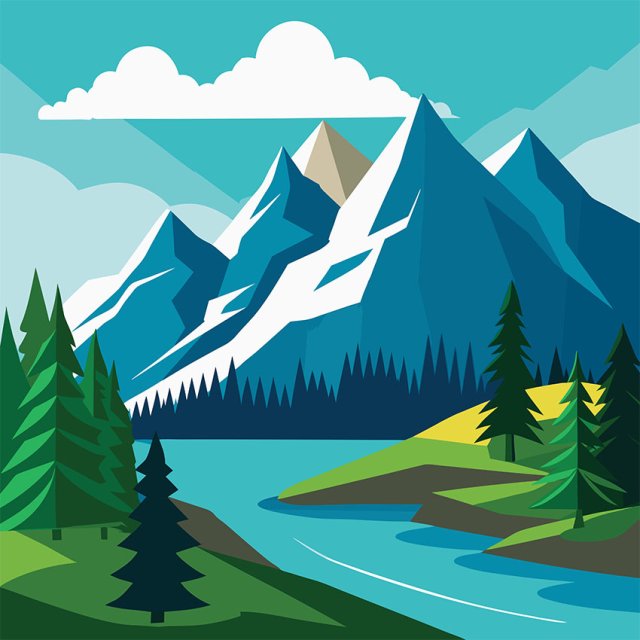
🌟 Introduction
A lake is a large body of water surrounded by land. Lakes can be big or small, shallow or deep, and they exist all over the world. Some lakes are filled with fresh water, which people and animals use for drinking, farming, and recreation. Others, like the Great Salt Lake in Utah or the Dead Sea, contain saltier water. Lakes form in many ways-melting glaciers, shifting land, or volcanic activity can all create them. They play an important role in the water cycle, acting as storage areas for freshwater and supporting diverse ecosystems. Without lakes, many communities and species would struggle to survive.
🔍 Understanding Lakes
A lake is usually fed by rivers, streams, rain, or groundwater, and it often drains into another river or ocean. Lakes are different from ponds mainly because of their size and depth. Large lakes can even create their own weather, like the Great Lakes in North America, which influence snow and storms. Human-made lakes, called reservoirs, are created by building dams across rivers to store water for electricity, irrigation, and city use.
🌍 Why Is It Important?
Lakes are important because they:
-
Provide drinking water for people and wildlife.
-
Support ecosystems, giving fish, birds, and plants safe habitats.
-
Store freshwater, making them vital for the water cycle.
-
Help agriculture by supplying irrigation water.
-
Offer recreation, including swimming, boating, and fishing.
-
Generate energy when used as reservoirs for hydropower.
🧪 Real-Life Connections
-
Many towns and cities rely on nearby lakes for clean drinking water.
-
Families visit lakes for picnics, fishing trips, or swimming during summer.
-
Farmers use water from lakes or reservoirs to grow crops.
-
The Great Lakes provide shipping routes that carry goods across the U.S. and Canada.
-
Lakes attract tourists, boosting local economies through activities like boating, kayaking, and camping.
✨ Interesting Facts
-
The Caspian Sea, although called a "sea," is the largest lake in the world.
-
Lake Baikal in Russia is the deepest lake on Earth.
-
The Great Lakes hold about 20% of the world's surface freshwater.
-
Some lakes form inside the craters of volcanoes.
📌 Key Takeaways
-
Lakes are large bodies of water surrounded by land.
-
They can be freshwater or saltwater and may form naturally or by humans.
-
Lakes supply drinking water, food, recreation, and energy.
🐾 Kid-Friendly Summary
Lakes are big water bowls surrounded by land. They give us fresh water to drink, places to play, fish to catch, and even electricity. Some lakes are salty, others are fresh, but all of them are important for people, animals, and the environment.
📚 Vocabulary Words
-
Lake - A large body of water surrounded by land.
-
Reservoir - A man-made lake used to store water.
-
Freshwater - Water that is not salty, found in most lakes.
-
Saltwater Lake - A lake that contains a high amount of salt.
-
Ecosystem - A community of living things interacting with their environment.
-
Habitat - The natural home of an animal or plant.
-
Watershed - The land area that drains into a lake or river.
-
Glacial Lake - A lake formed by melting glaciers.
Interactive Quiz: Lakes
Instructions: Choose the best answer. Answers are listed at the end.
-
What is a lake?
A) A large body of water surrounded by land
B) A moving stream of water
C) An ocean current
D) A small puddle -
Which of these is a man-made lake?
A) Pond
B) Reservoir
C) Delta
D) Lagoon -
Which is the largest lake in the world?
A) Lake Victoria
B) Great Salt Lake
C) Caspian Sea
D) Lake Baikal -
Why are lakes important for people?
A) They provide water, recreation, and sometimes energy
B) They only create deserts
C) They make oceans saltier
D) They form mountains -
What is the main difference between a lake and a pond?
A) Lakes are bigger and deeper
B) Ponds have saltwater
C) Lakes are always man-made
D) Ponds create rivers














